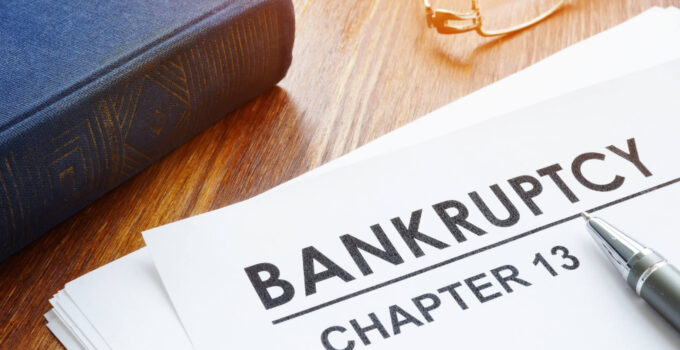No one is exempt from experiencing times of financial hardship. You may be deep in debt due to high medical bills after an accident, because you lost your job unexpectedly, or because you went through a nasty divorce. Regardless of the cause of your money problems, you may be considering bankruptcy to get rid of your debts and get a fresh financial start.
The two most common types of bankruptcy in the United States are Chapter 7 bankruptcy and Chapter 13 bankruptcy. For one, Chapter 7 bankruptcy can help you clear your debts quickly by selling your non-exempt assets. Alternatively, Chapter 13 bankruptcy allows you to eliminate your debts without having to sell your assets. In this case, you will have to create a payment plan that enables you to repay most of your debts over a 3-to-5-year period.
At first glance, Chapter 13 may seem like the best option. After all, none of us want to sell assets to deal with our debts. However, filing for Chapter 13 bankruptcy may be a bad idea due to multiple reasons.
Before proceeding with your bankruptcy filing, you should be aware of the disadvantages associated with Chapter 13. Nevertheless, remember that you should consider consulting with a local bankruptcy attorney to know what the best option is for your case and one of them is legalfacts.org.
1. It has a high failure rate
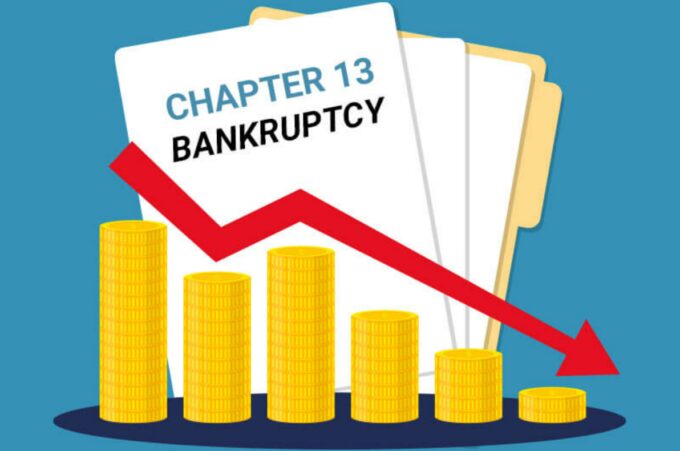
Source: ortizandortiz.com
Chapter 13 bankruptcy has a failure rate of 67%. That means that about 2 out of 3 such bankruptcy filings fail.
Why does this happen? Well, to get a discharge through Chapter 13, you will have to complete the repayment plan in its entirety. Typically, these repayment plans last for 5 years. As you can imagine, it’s very complicated to make payments for that long consistently.
All sorts of unexpected things can happen during those 5 years. You may have children (and, therefore, more expenses), suffer an accident that results in high medical expenses, or any other event that could negatively impact your finances.
Even if you plan carefully, you will still be prone to unexpected events that may disrupt your ability to meet your payment plan.
2. Chapter 13 is more expensive
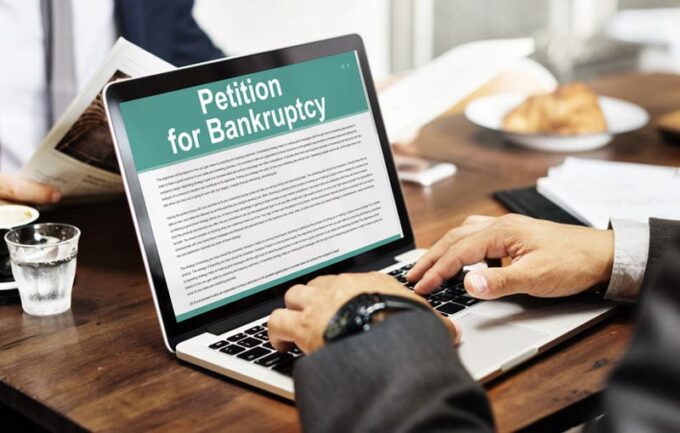
Source: debt.org
Filing for Chapter 13 bankruptcy without an attorney is almost an assured failure. The success rate for these types of bankruptcy filings drops from 33% to a mere 2.3% when filers proceed without an attorney. Therefore, filing on your own may be a terrible idea.
With that in mind, you should be aware that the main cost of Chapter 13 bankruptcy is attorney’s fees.
The average cost of an experienced Chapter 13 bankruptcy attorney is usually around $3,000, $4,000, or even more, depending on the case’s complexity. In comparison, the cost of a Chapter 7 bankruptcy is usually around $1,500.
3. No money down payments, fewer chances of success
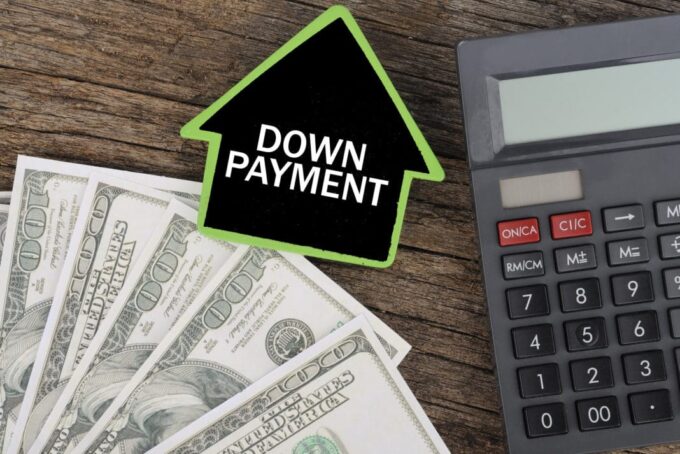
Source: airf1shop.com
When looking for a Chapter 13 bankruptcy attorney, you may notice that you will be offered the option of taking your case with “no money down.” Instead, you could pay your attorney’s fees over time.
This may sound attractive, but it might not be so convenient for you. Keep in mind that you’ll be adding even more debt to your list, and you’ll have to pay the entire fee even if your case ends up being dismissed.
In Chapter 7 bankruptcy, on the other hand, you will have to pay the entire fee upfront. However, the success rate is much higher, and the process is generally more straightforward.
4. It might worsen your finances

Source: helpguide.org
As previously stated, about two-thirds of all Chapter 13 filings end up being dismissed. When this happens, rest assured that your financial situation will be much worse than before.
If your case is dismissed, you will no longer be under bankruptcy protection. This means that your creditors will be able to resume their debt collection efforts, such as garnishing your wages or foreclosing your home.
Furthermore, the interest on your unpaid debts will have accumulated while you were trying to get rid of them through Chapter 13. In other words, you will be deeper in debt than ever before. Not only that, but you will also have paid attorney’s fees, and your credit report will be flagged for 7 years, all without getting the debt discharge you were looking for.
5. You might lose some assets anyways
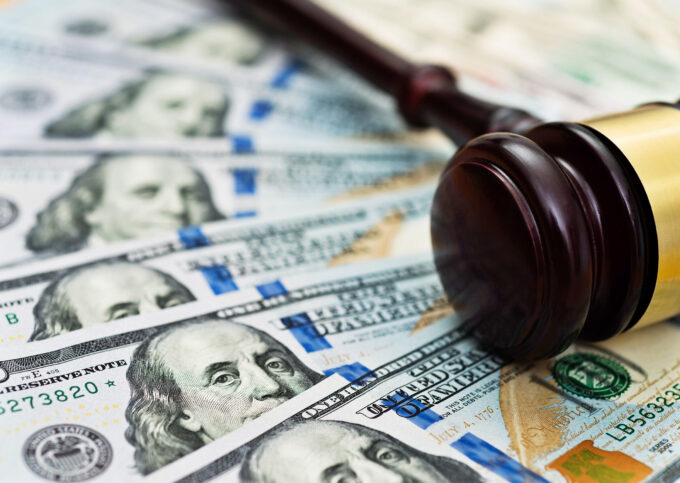
Source: mdmc-law.com
The attractive part of Chapter 13 bankruptcy is getting rid of your debts without selling your assets to do so. However, if your case is dismissed, the bankruptcy protection will disappear. In other words, your assets will be at risk again.
Since most cases are dismissed, your chances of keeping your property through this type of bankruptcy are considerably low. You could spend years desperately dealing with the bankruptcy process to save your car from repossession and end up failing anyway.
If you are worried about losing an essential asset to you, keep in mind that you don’t necessarily have to file Chapter 13 bankruptcy to keep it. Chapter 7 bankruptcy will help you keep most of your property through exemptions.
Why should you consider filing for Chapter 7 instead?
The main alternative to Chapter 13 bankruptcy is Chapter 7. There are several reasons why you should file for this type of bankruptcy. For example, the success rate of Chapter 7 is approximately 97%. Also, as mentioned above, the attorney’s fees are about half those of Chapter 13. Finally, the process is much faster; instead of waiting several years for your debt discharge, you will get it in about 3 or 4 months.
Work with an experienced bankruptcy attorney if you want to get results

Source: helloresolve.com
If you want to know which type of bankruptcy best fits your financial situation, you should consider contacting a Los Angeles bankruptcy attorney, such as kt-bankruptcylawyer.com, for a free consultation.
The attorney will thoroughly evaluate your financial situation and determine the best course of action for you to get the fresh financial start you need.
Additionally, the attorney will assist you throughout the entire process. You won’t have to worry about making unnecessary mistakes, and you can focus on regaining control of your financial life.

